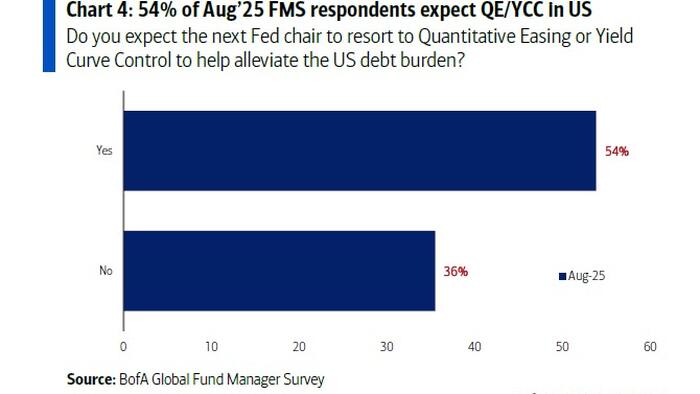As the world of cryptocurrency continues to evolve, many investors are seeking jurisdictions where they can enjoy tax-free benefits. In 2025, several countries stand out as surprisingly favorable for individuals looking to manage their crypto assets without the burden of taxes. Below, we explore five notable nations offering legal, zero-tax treatment for cryptocurrencies.
Cayman Islands: A Classic Tax Haven
The Cayman Islands remains a premier destination for crypto traders and investors in 2025. This well-known offshore financial hub imposes no personal income tax, capital gains tax, or corporate tax, making it an ideal setting for those involved in cryptocurrency. Whether you are actively trading, holding assets long-term, or managing a decentralized finance (DeFi) treasury, your gains in the Cayman Islands remain untaxed.
Furthermore, the country has established a regulatory framework through the Virtual Asset (Service Providers) Act, effective from April 2025, which aligns with global standards. This provides a clear operational environment for exchanges and custodians, enhancing the appeal of this tax-free zone.
United Arab Emirates: A Crypto-Friendly Environment
In 2025, the United Arab Emirates (UAE) solidifies its reputation as one of the most crypto-friendly nations. Across all seven emirates, individuals benefit from zero tax on activities involving cryptocurrencies, including trading, staking, mining, and selling. This comprehensive tax exemption is complemented by a robust regulatory framework, with authorities like the Dubai Financial Services Authority and the Financial Services Regulatory Authority in Abu Dhabi overseeing the sector.
As a result, the UAE is increasingly attracting crypto startups and investors seeking a conducive environment for innovation. With attractive visa options and world-class infrastructure, the UAE offers a compelling option for those looking to relocate for tax advantages.
El Salvador: A Radical Approach to Bitcoin
El Salvador continues to make headlines in 2025 as a groundbreaking Bitcoin tax haven. Since declaring Bitcoin as legal tender in 2021, the country has implemented a Digital Assets law that ensures zero capital gains or income tax on Bitcoin transactions. This policy encompasses trading, holding, and spending Bitcoin, particularly through services like the Chivo wallet.

In addition, El Salvador is developing Bitcoin City, a geothermal-powered metropolis designed to attract miners and digital nomads, with no income or capital gains tax. This progressive approach makes El Salvador an attractive option for investors seeking a thriving crypto ecosystem.
Germany: Long-Term Holding Benefits
Although Germany may not immediately come to mind as a tax haven, it provides significant advantages for long-term crypto holders in 2025. If a digital asset is held for over 12 months, any subsequent sale or transaction is entirely tax-free. This classification allows cryptocurrencies to be treated as private assets rather than speculative investments.
Moreover, for short-term traders, if annual gains remain under €1,000, there is no tax obligation, making Germany a surprisingly favorable jurisdiction for disciplined investors.
Portugal: Attractive Exemptions for Long-Term Investors
In 2025, Portugal continues to attract crypto enthusiasts with its favorable tax regime. Long-term capital gains on cryptocurrencies held for over 365 days remain fully exempt from taxation, establishing Portugal as one of the top European jurisdictions for crypto investors.
Additionally, those who qualified for the Non-Habitual Resident (NHR) program before its March 31, 2025 cutoff benefit from tax exemptions on foreign-source crypto income. However, it is important to note that short-term gains are taxed at 28%, along with income derived from staking and business activities.
As the landscape of cryptocurrency taxation evolves, these five countries—Cayman Islands, UAE, El Salvador, Germany, and Portugal—emerge as notable havens offering significant tax benefits. While each nation has its unique approach, they collectively present opportunities for investors to maximize their gains while minimizing tax liabilities. It is essential for individuals considering relocation for tax benefits to remain aware of residency requirements and ensure compliance with local regulations.
This article does not constitute investment advice. Readers are encouraged to conduct their own research before making financial decisions.
For further insights into cryptocurrency taxation, visit Cointelegraph.








